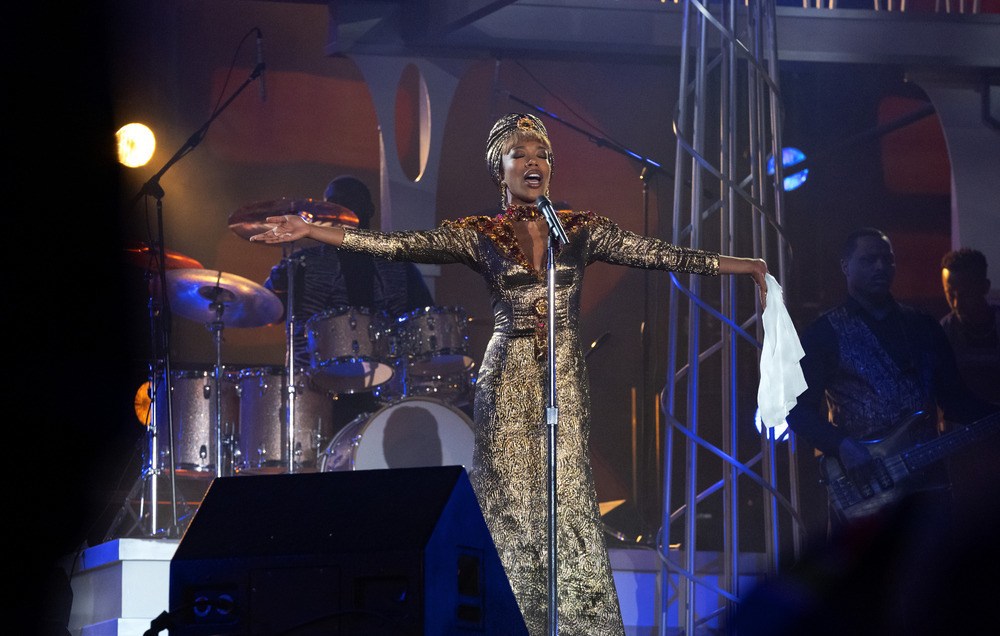I Wanna Dance with Somebody

Naomi Ackie stars in I WANNA DANCE WITH SOMEBODY. (Photo: TriStar Pictures)
Whitney Houston’s talent was as radiant as her demise was tragic. I Wanna Dance with Somebody seeks to accentuate the former while downplaying the latter.
This glitzy, lightly fictionalized tribute to the groundbreaking pop superstar feels guarded and prosaic, functioning primarily as fan service and posthumous legacy protection.
As it follows a familiar rise-and-fall trajectory, this straightforward biopic from director Kasi Lemmons (Eve’s Bayou) reduces Houston’s life story to a series of snippets rather than conveying any meaningful depth or insight beyond what devotees already know.
As a teenager, Whitney (Naomi Ackie) dreams of stardom as she sings in a New Jersey church choir and as a backup on the gospel numbers of her mother, Cissy (Tamara Tunie).
Her breakthrough comes in the late 1980s after a private showcase for industry mogul Clive Davis (Stanley Tucci), who signs Whitney to a lifetime contract and oversees her image and career, eventually leading to a stream of pop hits, movie deals, and worldwide superstar status.
However, her controlling father (Clarke Peters) both forces her to conceal her lesbian relationship with Robyn (Nafessa Williams) and mismanages funds from her success. That leads Whitney to an impulsive marriage with bad-boy R&B singer Bobby Brown (Ashton Sanders), which fuels a downward spiral of drugs and scandal.
The melodramatic screenplay by Anthony McCarten (Bohemian Rhapsody) hits the highlights but needs a tighter focus. In covering her entire career spanning almost three decades, too many subplots are glossed over, and the periphery characters are rendered as sketchy stereotypes.
The film covers the same territory as Kevin Macdonald’s 2018 documentary while softening the edges. It positions Houston as a victim of abuse by her handlers and enablers — especially the men in her life — who triggered her issues with addiction and mental health that led to her untimely death in 2012.
I Wanna Dance with Somebody hits some high notes in the performance sequences, as well as some of the quieter backstage moments examining her creative inspirations and artistic process.
Ackie (Lady Macbeth) lip-syncs through the songs — nobody can match Houston’s glorious voice, after all — while capturing her diva charisma and stage presence. Her portrayal transcends mere mimicry of Houston’s speech and mannerisms.
Yet this crowd-pleasing salute to her chart-topping resume and influence also feels like a missed opportunity to dig beneath her fame and fortune. Unlike its subject, the film feels a little off-key.
Rated PG-13, 144 minutes.